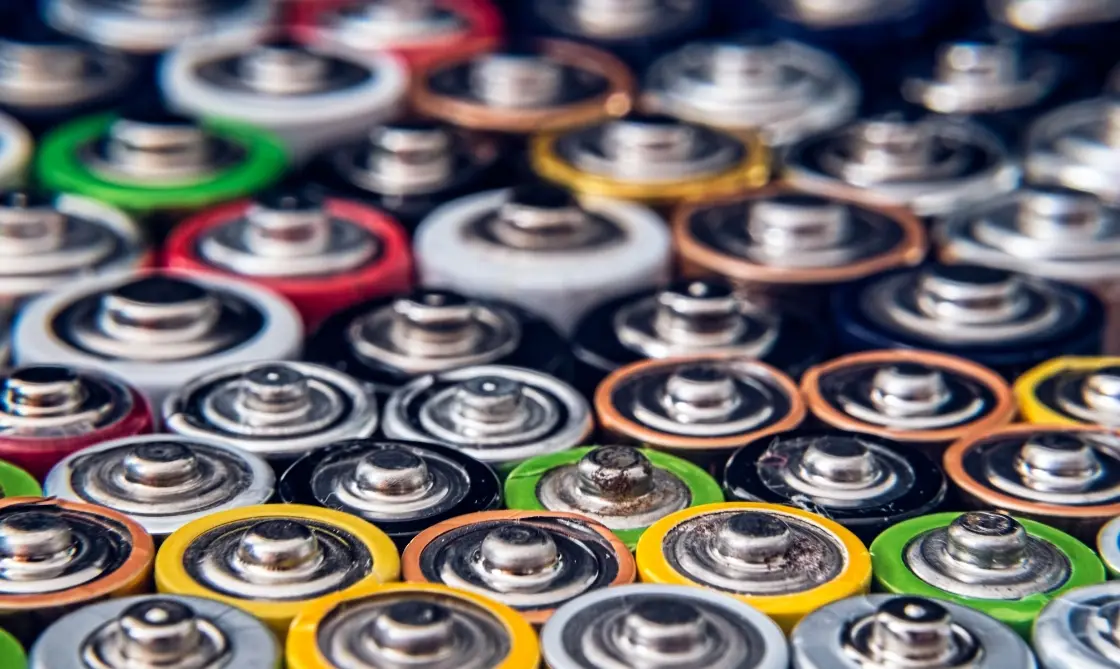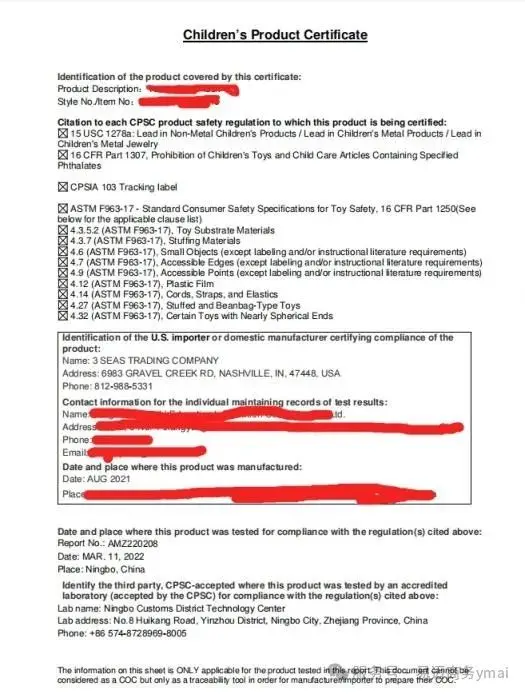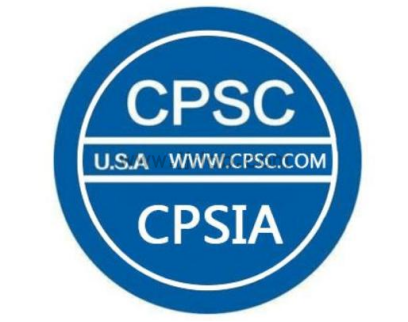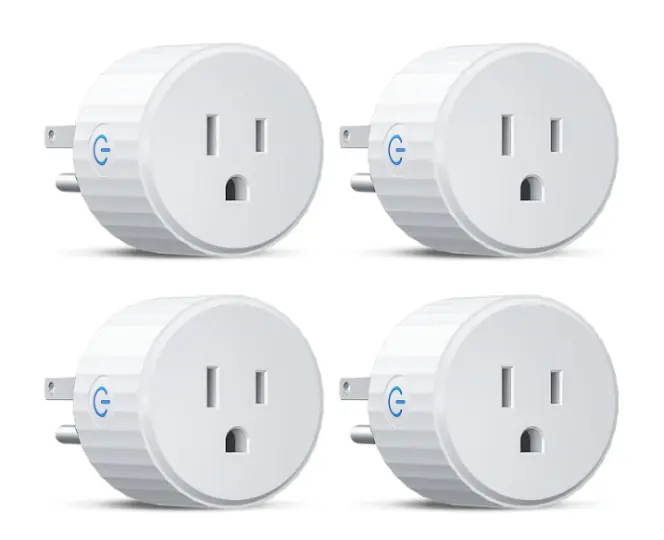
Introduction to IEC, UN38.3, and UL4200A Standards
Ensuring the safety and compliance of products is crucial in the global design and manufacturing process of electronic products. Different countries and regions have various safety standards and regulations for electronic products. This article will explore three key international standards: IEC (International Electrotechnical Commission standards), UN38.3 (United Nations lithium battery testing and certification standards), and UL4200A (UL Laboratories' button battery safety standards), and analyze their differences and significance.

Detailed Explanation of IEC Standards, UN38.3 Standards, and UL4200A Standards
IEC Standards:
The International Electrotechnical Commission (IEC) standards are the global benchmarks for the safety and performance of electrical and electronic equipment. IEC standards cover a wide range of technical requirements and safety regulations, ensuring the safety and compatibility of electronic products in various markets. For example, IEC 60950-1 specifies safety requirements for information technology equipment, while IEC 62368-1 targets audio, video, and information communication technology equipment. These standards ensure product reliability and user safety through rigorous testing and evaluation.
The broad applicability and strictness of IEC standards make them widely recognized and adopted globally. Compliance with IEC standards not only helps products enter multiple international markets but also enhances their market competitiveness.
UN38.3 Standards:
UN38.3 is a safety standard for lithium battery transportation developed by the United Nations. This standard focuses primarily on the safety of lithium batteries during transportation, specifying the tests that various types of lithium batteries and cells must pass before transport. These tests include altitude simulation, temperature cycling, vibration, shock, external short circuit, impact, and overcharge testing. The UN38.3 standard aims to ensure the safety of lithium batteries under various transport conditions, preventing incidents such as fires and explosions during transport.
Due to the widespread use of lithium batteries and their potential safety risks, the UN38.3 standard is widely adopted and recognized globally. Compliance with the UN38.3 standard is a fundamental requirement for ensuring the safe transport of lithium batteries, whether by air, sea, or land.
UL4200A Standards:
The UL4200A standard, developed by UL (Underwriters Laboratories) in the United States, primarily targets the safety of portable electronic devices accessible to children. This standard aims to prevent injuries to children using electronic devices, focusing specifically on battery safety, physical structure, and material selection. For instance, UL4200A requires that electronic devices must remain safe during drop, compression, and temperature shock tests, avoiding dangers such as battery explosions or leaks.
The unique aspect of the UL4200A standard is its focus on child safety, adding additional considerations in the design and manufacturing process. Products that comply with the UL4200A standard not only better protect child users but also enhance trust among parents and consumers.
Differences and Importance of IEC, UN38.3, and UL4200A Standards
IEC, UN38.3, and UL4200A standards play different but complementary roles in the safety and compliance of electronic products:
1. Scope of Application:
- IEC Standards: Cover a wide range of electrical and electronic equipment, emphasizing overall product safety and performance.
- UN38.3: Focuses on the safety of lithium batteries during transportation.
- UL4200A: Targets portable electronic devices accessible to children, emphasizing safety during use.
2. Testing and Requirements:
- IEC Standards: Include various environmental, mechanical, and electrical tests to ensure equipment reliability and safety.
- UN38.3: Emphasizes safety testing of lithium batteries under extreme conditions to prevent incidents during transport.
- UL4200A: Combines physical and battery safety tests to ensure the safety of electronic devices used by children under accidental circumstances.
3. Market Recognition:
- IEC Standards: Widely recognized globally, applicable to entering multiple international markets.
- UN38.3: Essential standard for international transportation, ensuring the safe transport of lithium batteries.
- UL4200A: Particularly important in the North American market, enhancing product competitiveness in child safety.
In summary, understanding and complying with these standards is crucial for electronic product manufacturers. IEC standards ensure overall product safety and performance, UN38.3 guarantees the safety of lithium batteries during transport, and UL4200A provides additional protection for portable electronic devices used by children. By comprehensively applying these standards, companies can not only enhance product market competitiveness but also better ensure user safety.
Testing and Certification
China JJR Laboratory provides electronic product certification testing for IEC, UN38.3, and UL4200A standards. Feel free to contact us for a quote.
Email:hello@jjrlab.com
Write your message here and send it to us
 Toy Toxicology Testing CA
Toy Toxicology Testing CA
 CPSIA Compliance for Children's Products
CPSIA Compliance for Children's Products
 Food Contact Items Testing
Food Contact Items Testing
 Energy Star Testing Laboratory
Energy Star Testing Laboratory
 Do I Need to Test Every Color for CPSIA Compliance
Do I Need to Test Every Color for CPSIA Compliance
 Accredited Medical Device Testing Lab
Accredited Medical Device Testing Lab
 Safety Testing for Baby Wrap
Safety Testing for Baby Wrap
 United States Electrical Plug Certification
United States Electrical Plug Certification
Leave us a message
24-hour online customer service at any time to respond, so that you worry!




